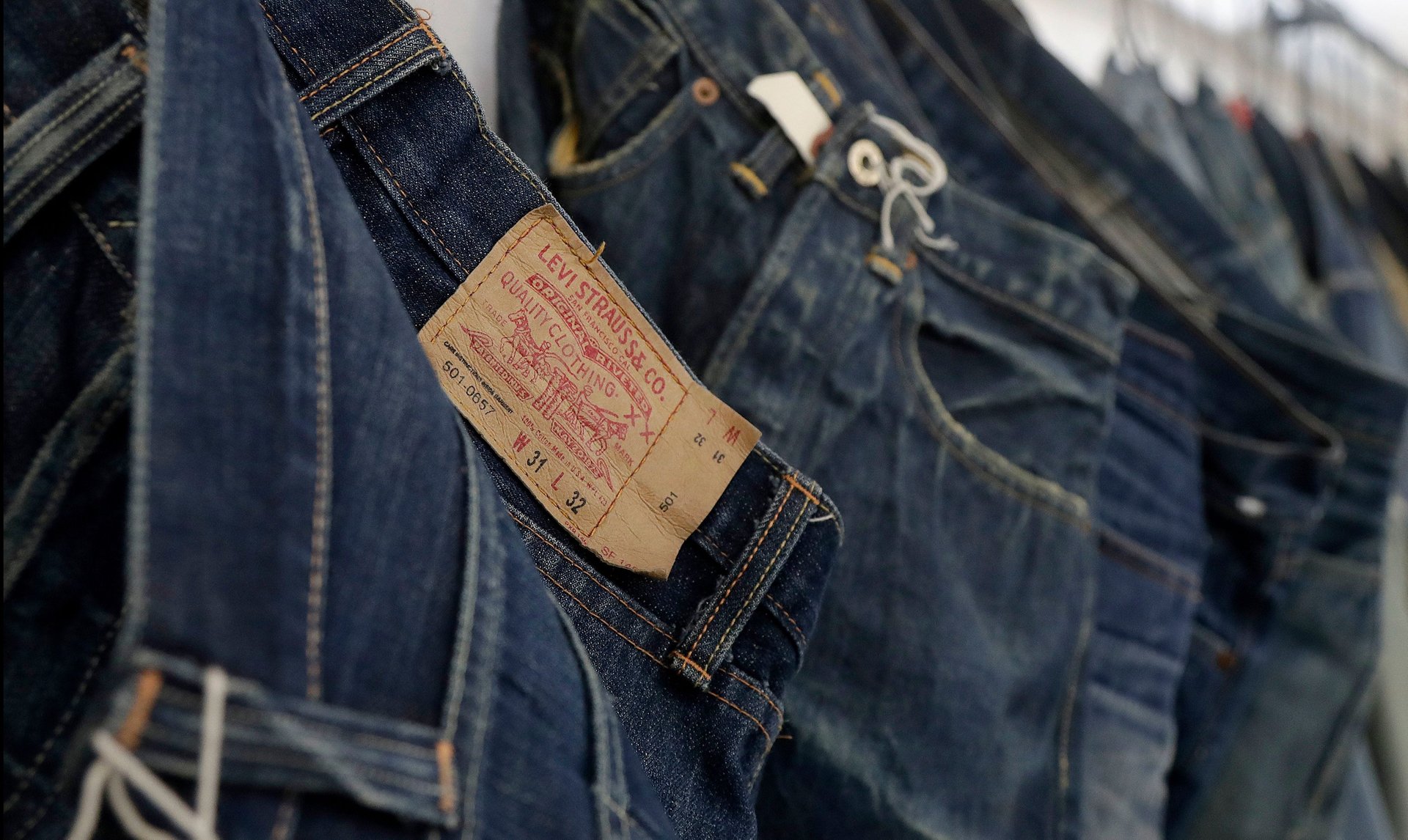Levi’s takes social responsibility seriously, and it’s paying off with investors
Companies have plenty of excuses about why they don’t raise workers’ wages, expand family leave benefits, or commit to environmentally sound practices. High among them is the penalty they will supposedly pay with investors, who will dump their shares at the first sign of any actions that eat into profits.


Companies have plenty of excuses about why they don’t raise workers’ wages, expand family leave benefits, or commit to environmentally sound practices. High among them is the penalty they will supposedly pay with investors, who will dump their shares at the first sign of any actions that eat into profits.
Levi Strauss & Co. is here to prove them wrong.
The venerable clothing company debuted on the New York Stock Exchange today, and investors can’t get enough of it. Shares initially priced at $17 opened at $22.22, a 31% bump.
To be sure, some of the investor interest is due to pent-up demand for IPOs. But Levi’s also is an attractive company to own: a universally recognized brand with steady growth in both revenues and profits. Consumers have been buying denim jeans for 150 years and, unlike certain flavor-of-the-week social media apps, they’re unlikely to stop when the next shiny thing comes along.
Despite the conventional wisdom, investors also don’t seem to be holding Levi’s ambitious program of corporate, social, and environmental responsibility against it. Levi’s has publicly committed to reducing its greenhouse gas emissions 40% by 2025 (pdf), and is investing in improving the lives of workers at the contract factories where its clothing is made. The company is outspoken about its support for gun control, and was an early advocate for the rights of its gay and HIV-positive employees. Levi’s also offers generous parental leave policies—up to 16 weeks for new mothers, and eight weeks for father and adoptive parents—and, significantly, offers them to hourly employees in its stores, not just white-collar managers (pdf).
Levi’s is proud of its record on these measures, and touts them as a competitive advantage in the S-1 document it filed with US securities regulator in advance of its filing. “Across all aspects of our business, we engage in a ‘profits through principles’ business approach and constantly strive to set higher standards for ourselves and the industry,” according to the filing.
By treating its employees generously and investing in social responsibility initiatives, Levi’s was early to realize happier employees stay longer and try harder, and that customers will reward companies that share their values. Like Starbucks, Levi’s isn’t shy about using its do-gooder reputation as a marketing tool, but that doesn’t mean its efforts shouldn’t be discounted.
Unlike Starbucks, though, Levi’s has been able to foster its progressive corporate culture away from the prying eyes of investors. Levi’s hasn’t faced the daily judgment of the stock market since 1985, when it was delisted as a result of a leveraged buyout. While investing in sustainability and benefits makes business sense now, it might be harder to defend if sales and profits decline. That’s when we’ll know how much conviction there is behind Levi’s corporate behavior.